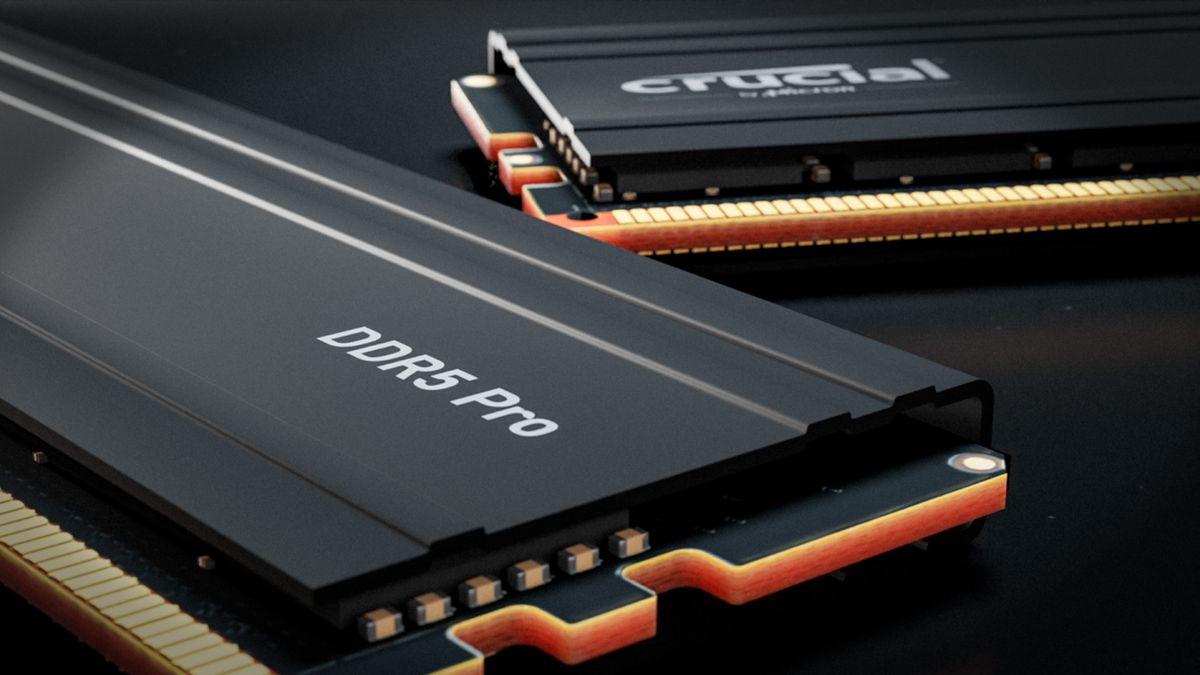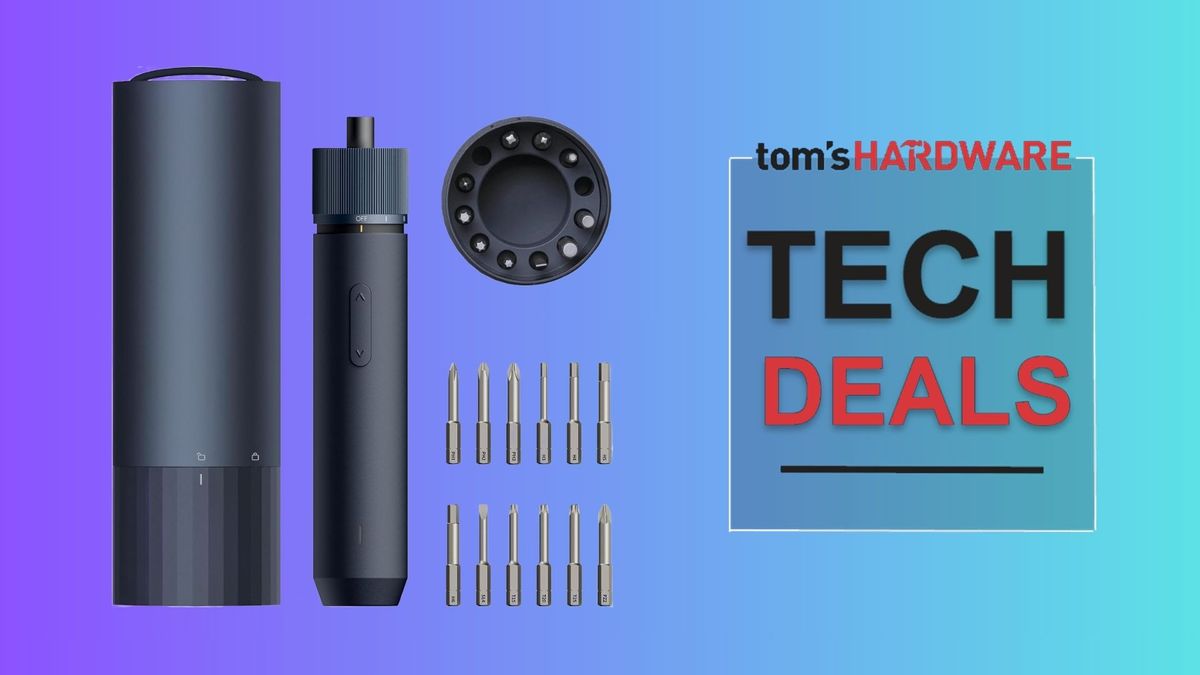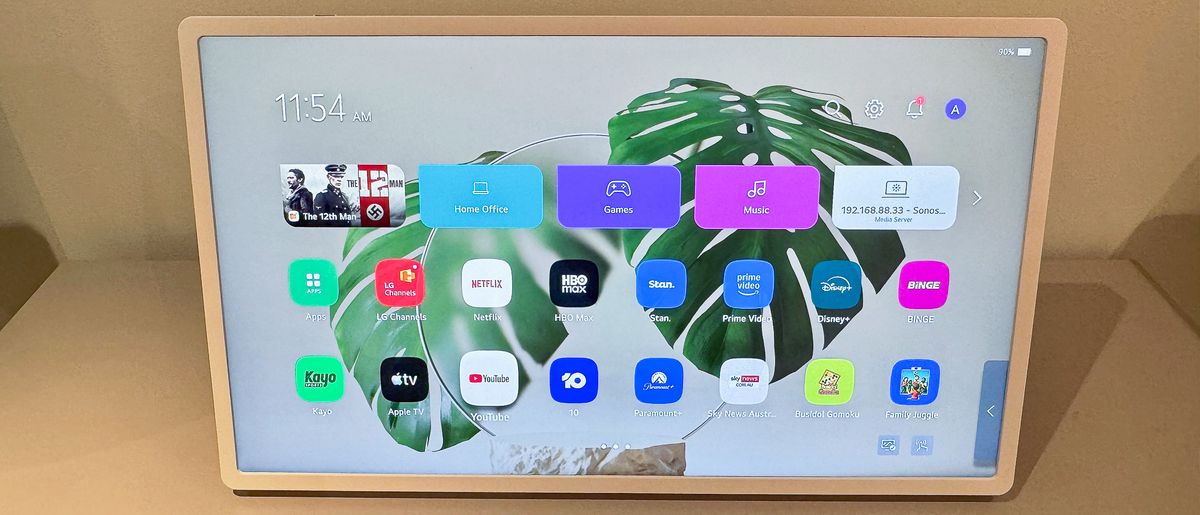TLDR
- Robinhood submitted a 42-page proposal to the SEC for a federal framework regulating tokenized real-world assets (RWAs)
- The proposal suggests treating tokens as legally equivalent to underlying assets rather than derivatives
- RWA tokenization is projected to reach $30 trillion market value by 2030
- Robinhood plans a Real World Asset Exchange (RRE) platform with off-chain matching and on-chain settlement
- The framework includes KYC/AML tools via Jumio and Chainalysis for regulatory compliance
Robinhood, best known for its retail trading platform, has made a bold move toward bringing traditional financial assets onto the blockchain. The company recently submitted a detailed proposal to the Securities and Exchange Commission (SEC) outlining a federal framework for tokenized real-world assets (RWAs), potentially transforming how securities are traded in the United States.
The 42-page filing calls for a unified national approach to replace the current state-by-state regulatory patchwork. At its core, the proposal argues that digital tokens representing traditional assets like stocks, bonds, and real estate should be treated as legally equivalent to the underlying assets themselves, not as derivatives or synthetic products.
This change would eliminate duplicate systems and unclear ownership rights while allowing broker-dealers to custody and trade tokenized assets using existing regulatory guardrails. The move comes as RWA tokenization is projected to become a $30 trillion market by 2030, according to research from The Trading View.
Despite years of discussion about tokenizing real-world assets, most progress has been limited to controlled pilots and isolated platforms. Robinhood’s proposal aims to change that by creating a legitimate pathway for mainstream adoption of tokenized securities.
The filing includes plans for a new platform called the Real World Asset Exchange (RRE). This would feature off-chain matching for speed combined with on-chain settlement for transparency. The platform would incorporate know-your-customer (KYC) and anti-money laundering (AML) tools from providers like Jumio and Chainalysis.
From Meme Stocks to Market Infrastructure
Robinhood appears to be evolving beyond its association with meme stocks and the GameStop saga. This proposal positions the company as a serious player in digital finance infrastructure, potentially creating a new revenue stream based on trading, custody, and compliance services in tokenized markets.
The proposal has gained support from industry experts. Natalia Karayaneva, CEO of blockchain-based real estate platform Propy, called it “a step toward modernizing our financial infrastructure.” Propy has processed over $4 billion in transactions across 12 countries using blockchain technology.
Mati Greenspan, founder of Quantum Economics, suggested the proposal “could mark the first time a U.S.-regulated broker has laid out a viable path for bringing trillions of dollars in assets onchain—without compromising regulatory integrity.”
The innovation here isn’t technical but legal. Robinhood isn’t creating new blockchain technology but rather seeking to anchor existing capabilities to firm legal ground through regulatory interoperability. This approach could build a framework useful not just for startups but for banks, hedge funds, and asset managers.
Challenges and Uncertainties
Despite its potential, the proposal faces hurdles. The SEC has historically taken a cautious approach to digital assets, and token equivalence raises questions about taxation, investor protections, and jurisdictional conflicts.
The current U.S. regulatory climate remains divided. Without alignment between the SEC and other bodies like the CFTC, even well-designed frameworks could be undermined by fragmented enforcement or political resistance.
Market timing also presents a challenge. While institutional interest in tokenization has grown in theory, many remain cautious, waiting for proof of concept at scale. If Robinhood launches its RRE platform without major asset partners or volume, it may struggle to demonstrate immediate value.
The SEC has yet to respond to Robinhood’s proposal. However, even if regulators request revisions, the submission itself advances the conversation around regulated tokenization in the United States.
If approved, Robinhood would gain more than first-mover advantage. It would help define the standards for “compliant tokenization” in the U.S. and provide legal scaffolding for others to follow.
The proposal represents one of the most structured efforts by a U.S.-regulated broker to formalize tokenized assets within mainstream finance. Its success could determine whether trillions in traditional assets migrate to blockchain-based systems in the coming years.

 6 months ago
73
6 months ago
73









 English (US) ·
English (US) ·